It’s trust that forms the backbone of organisations; trust in leaders and their vision and decisions; trust in staff to deliver. They are the feelings of confidence and certainty that makes for engagement, a shared sense of purpose and wellbeing. So when there’s a problem with trust in society more generally, that means a whole series of knock-on effects for employers.
From Hierarchies to Networks: Trust in the Age of Uncertainty
Social commentators point to how trust has been broken down in modern lives. We don’t live in small communities anymore, the kinds of places where there was a clear hierarchy of rank and power, and local suppliers of goods and services who all depended on maintaining their good reputation. We’ve been encouraged to value our freedoms over our role as citizens, to think of ourselves as consumers with rights, changing our relationship with all kinds of authority. And all of these trends have been accelerated by IT and the Internet, with more individual ways of working (in the gig economy), of doing business (digital start-ups), and sharing knowledge (social media).
A Gallup poll in the US recently suggested only 23% of employees trusted their leaders and managers to “do the right thing”. At the same time, a global survey of workers has claimed that about the same figure believe they are trusted by their bosses. We’re living in a volatile and uncertain world, and more than ever before we lack confidence in the idea we can face up to things together. No wonder organisations face so many issues with stress and burnout.
Trust Hasn’t Vanished, It’s Evolved
The thinker Rachel Botsman has argued that rather than just falling into decline, trust has changed — become dispersed among more sources, “fluid, sideways, peer-driven, decentralised, and in some ways, more equitably distributed”. There could, then, be positive aspects to what’s been happening to trust. Maybe there’s now a more equal distribution of trust rather than a potentially flawed reliance on a more limited number of sources? Qualities like listening, empathy, critical thinking, wisdom and discretion feel as if they have become more scarce, and in turn have gained in importance and value.
Rather than fretting or complaining about the lack of trust and deference towards authority, HR needs to work with, and make the most of, this new world. For decades, organisations have looked to empower their people to take on more responsibility, and the redistribution of trust could be seen as one part of this shift.
That means creating a positive culture of openness and maturity, where employees at all levels are able to generate confidence and trust in each other, based on immediate experience rather than what’s expected or imposed on them. A ‘clear air culture’, which happens when employees have enough confidence in their organisation (and each other) to speak up and know that they will be listened to, and understood in the right way. This only comes with the right skills and the right
informal channels. The option of mediation for early interventions and not as a last resort; a habit of open conversations, both scheduled and unscheduled, and the qualities needed to make them ‘good ’conversations: listening skills, empathy and self-awareness; the self-made trust that make the difference between knee-jerk irritation and assumptions and constructive, grown-up ways forward.





